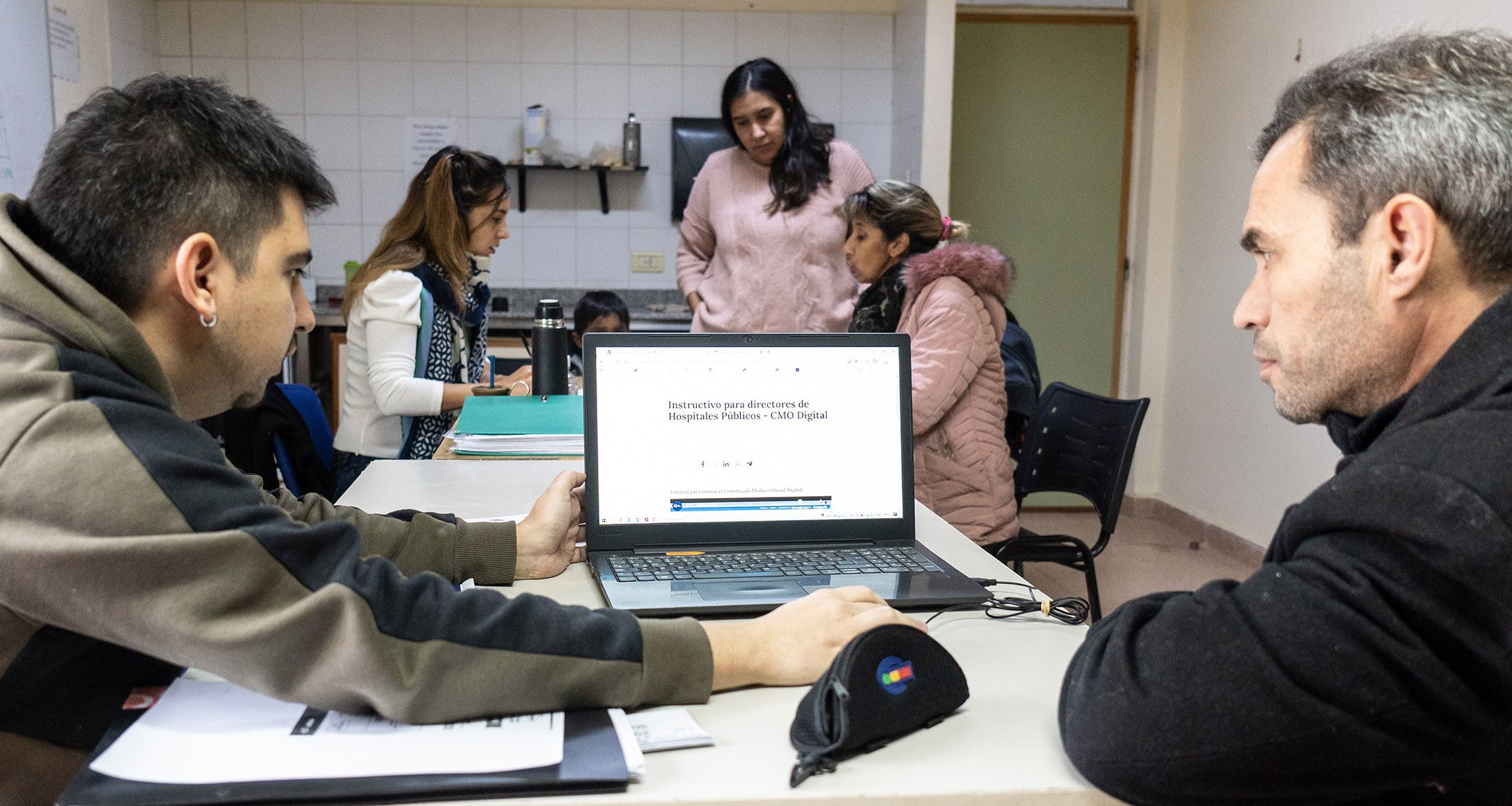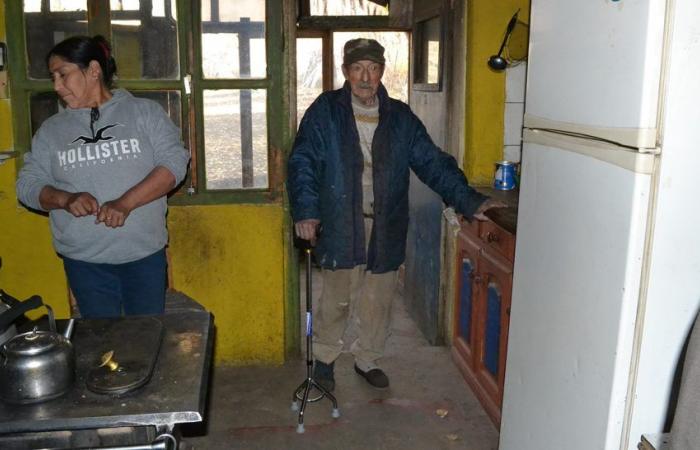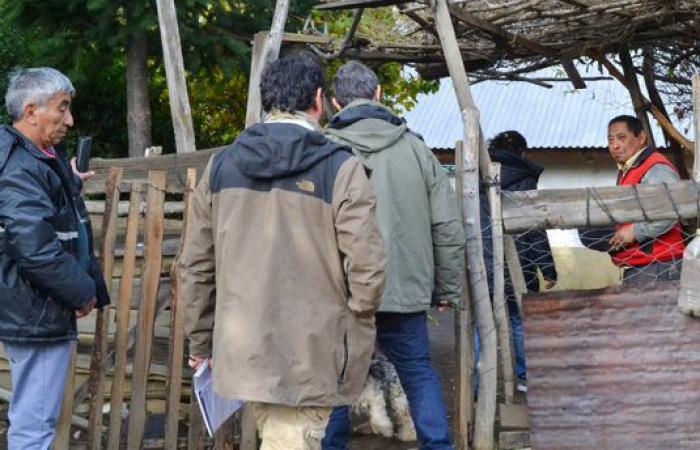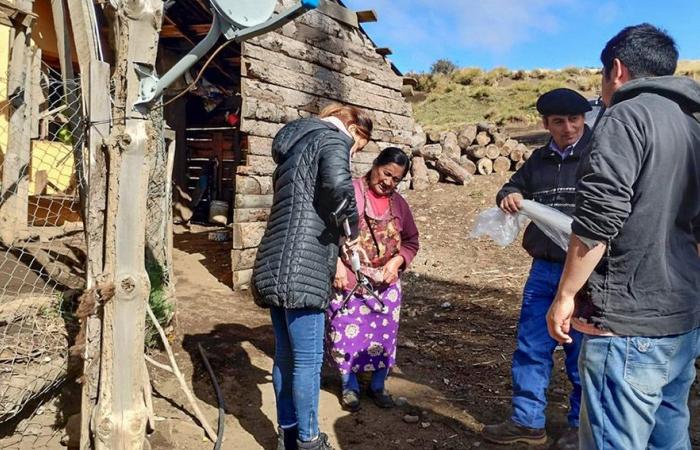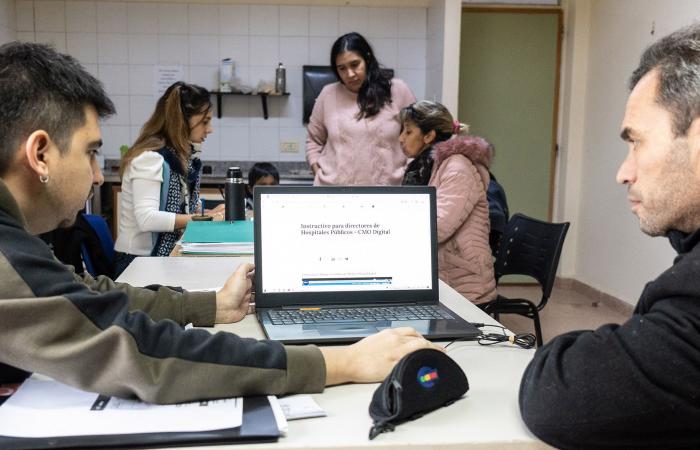The advice is provided through the Acortando Caminos program. Work is being done in the territory to reach the different locations in Neuquén.
In the first six months of 2024, some 8,000 interventions were already carried out through the Acortando Caminos program, which offers advice and carries out procedures for people with disabilities.
The program is implemented through the Undersecretary of Disability, dependent on the Secretariat of Culture, Inclusion and Community Management, which depends on the Secretariat of Culture, Inclusion and Community Management.
Its objective is to facilitate information and access to rights to all citizens, mainly to those people who live in areas far from cities or in rural areas.
This space provides information about access to the Single Disability Certificate (CUD) and the social rights that this document grants, such as expanded health coverage, free public land transportation, and issues related to education, housing. , among others.
The service is provided by telephone and in person, reaching the neighborhoods of the city of Neuquén and the towns in the interior of the province. Approximately 50 consultations are received daily (considering both modalities of care), of which 30 require a comprehensive approach in coordination with other organizations.
The topics addressed range from the beginning and processing of the CUD and the rights associated with that document; the initiation and monitoring of non-contributory national pension files; family and universal allowance for children with disabilities; management in social works (ISSN, PAMI, etc.), prepaid and health programs; negotiations with Education; housing, among others.
The coordinator of the Undersecretary of Disability, Gastón D’Angelo, explained that “generally the requests for the Shortening Paths program arise at the request of the psychosocial teams of the Health Centers, the local representatives, as well as from the work teams of the Neighborhood Commissions.”
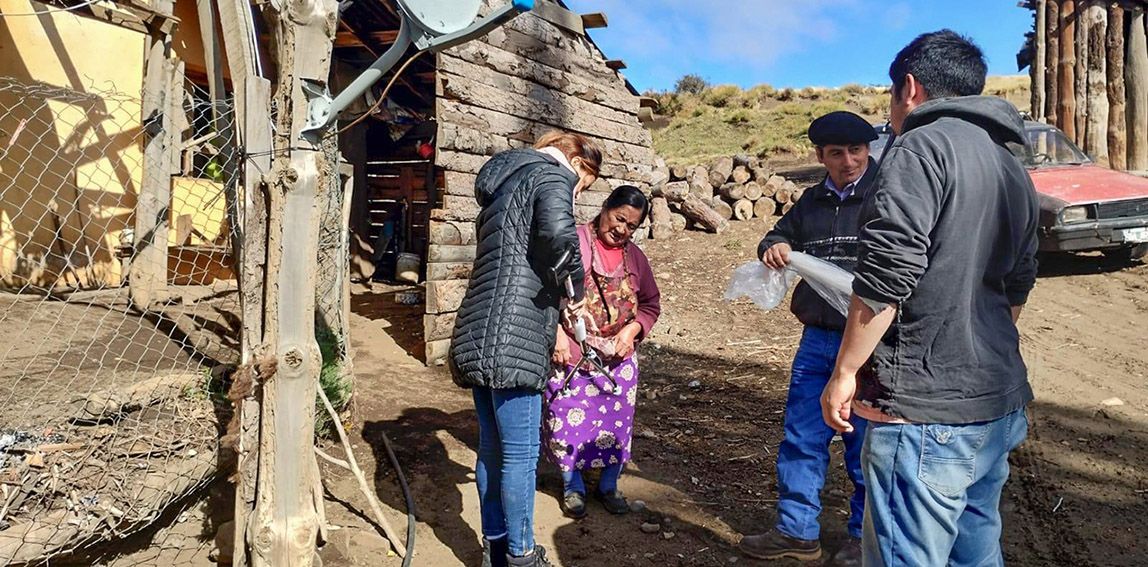
During the last few months, Health Centers, Neighborhood Commissions, associations and other institutional spaces have been reached in person in the towns of Senillosa, Neuquén, Centenario, Villa el Chocón, Las Coloradas and the Mapuche community Atreuco in Junín de los Andes. In the case of the capital of Neuquén, work sessions have already been held in the Almafuerte neighborhood, the central-west area and the El Progreso neighborhood. At each meeting, about 20 queries are received and are answered in a personalized manner.
The projections for the coming months are to take the program to the Health centers in the Don Bosco II, Progreso neighborhoods and in the west (of the capital); the El Sauce Development Commission; Plotter; Rincón de los Sauces; Year it; Cutral Có and Plaza Huincul.
D’Angelo reported that when queries are received that must be channeled for management to other areas, “we work jointly with provincial organizations such as the ISSN, the Provincial Council of Education, undersecretaries of Health, Family and Labor, the IPVU and the Legal Guidance Service. Also with national organizations, such as the Federal Ombudsman’s Office, PAMI and ANSES.”
From the undersecretary of Disability, they indicated that in addition to the presence in the territory, telephone attention is added through the following telephone numbers: 2994107494 and 2994122356. Those interested in receiving assistance and information can approach the offices of said undersecretary, located in Neuquén. capital, Perito Moreno 334, from 8 a.m. to 3 p.m.
